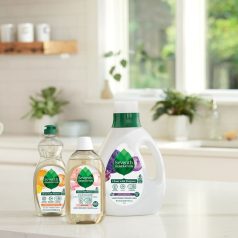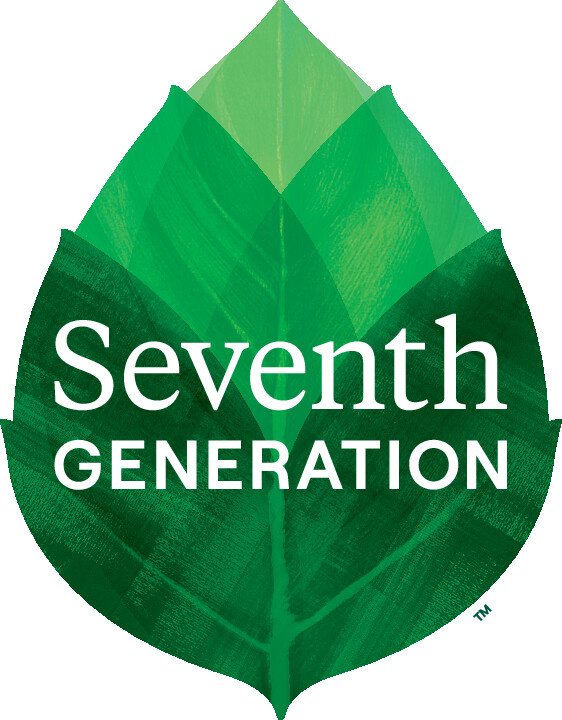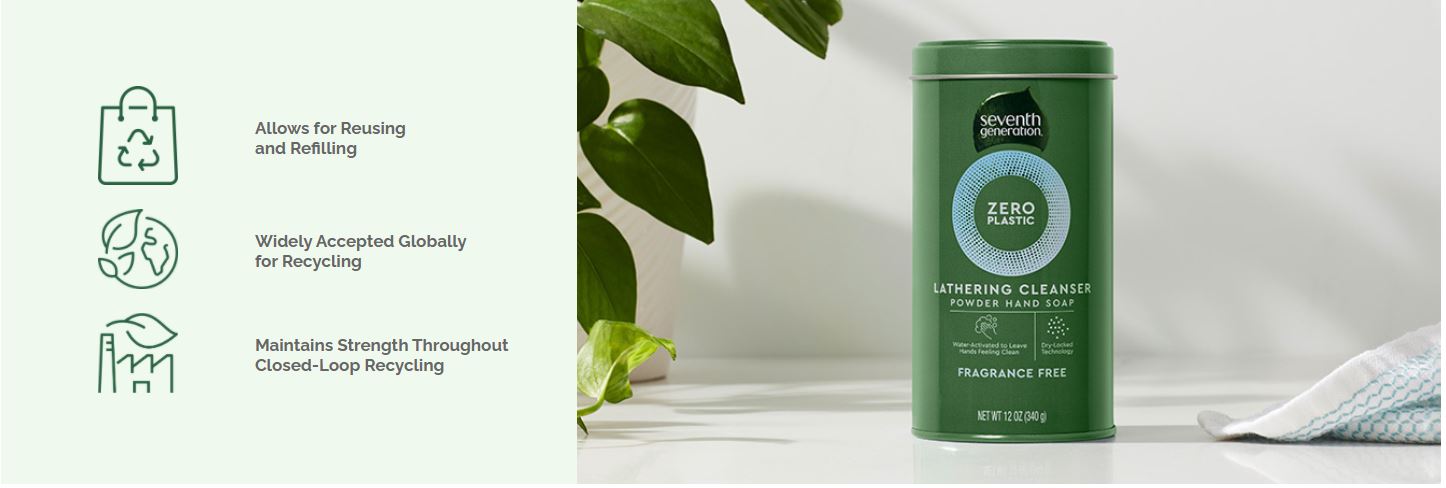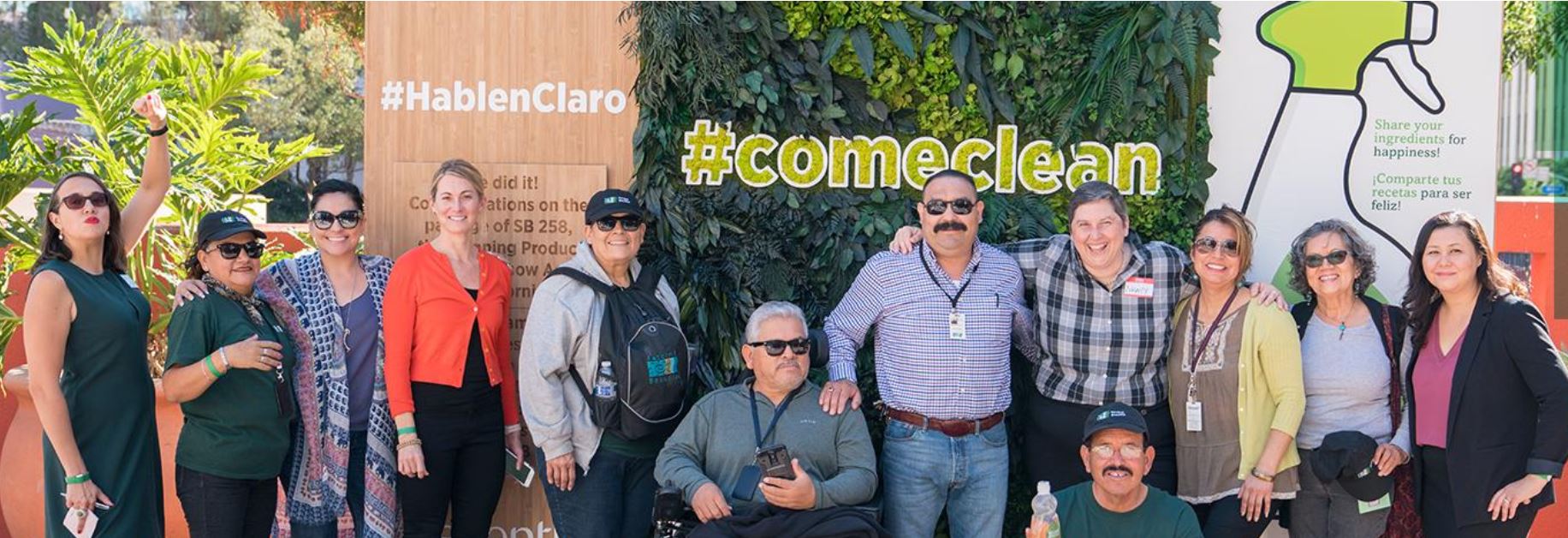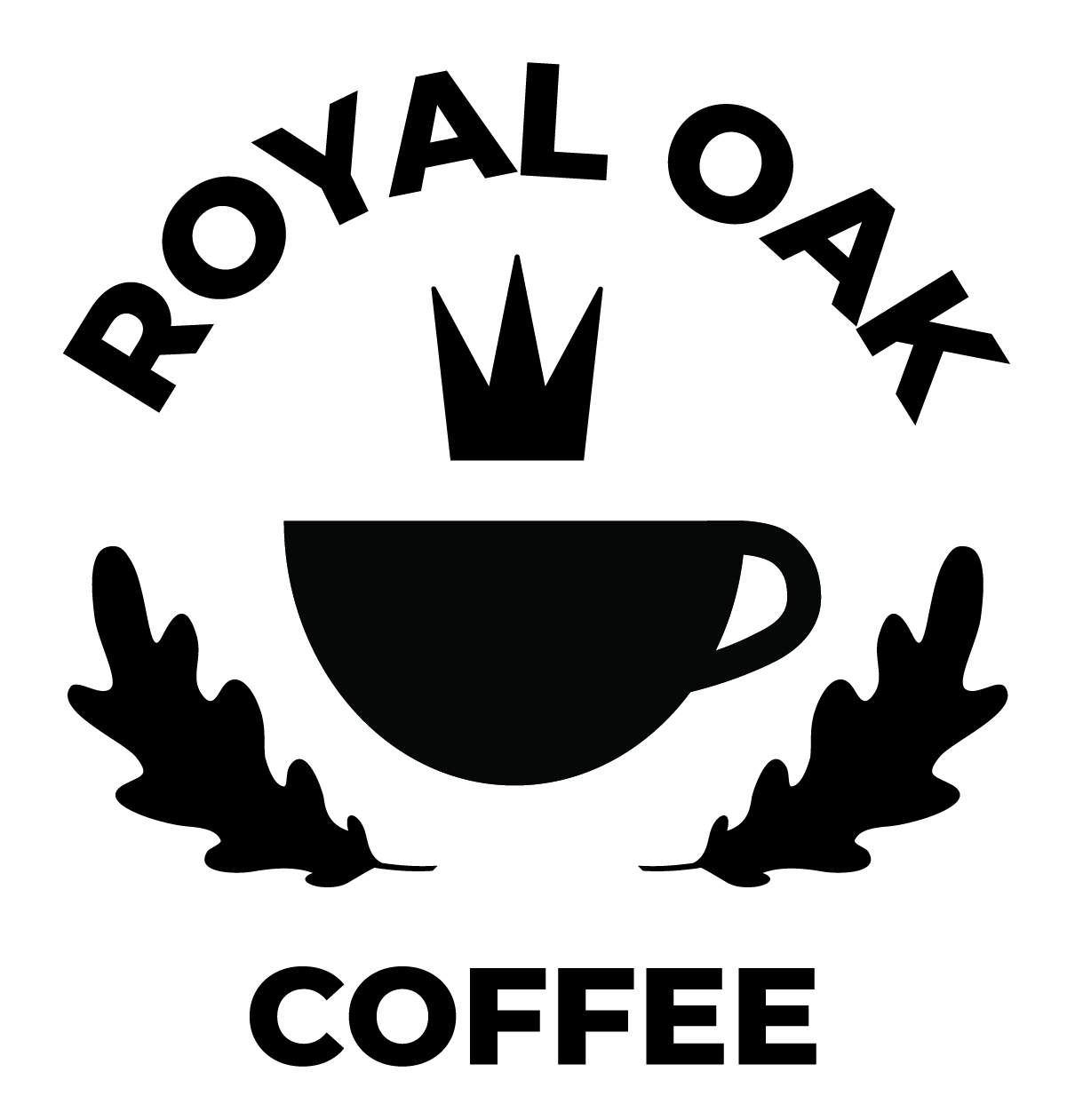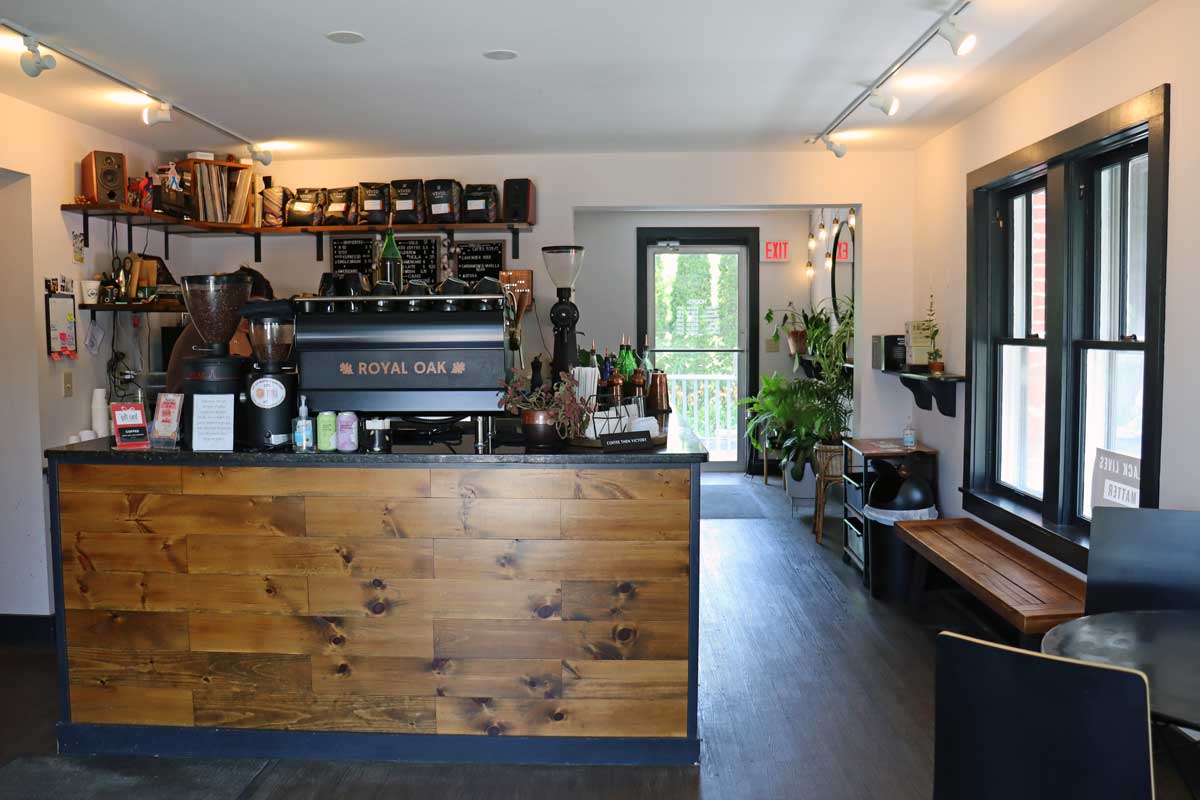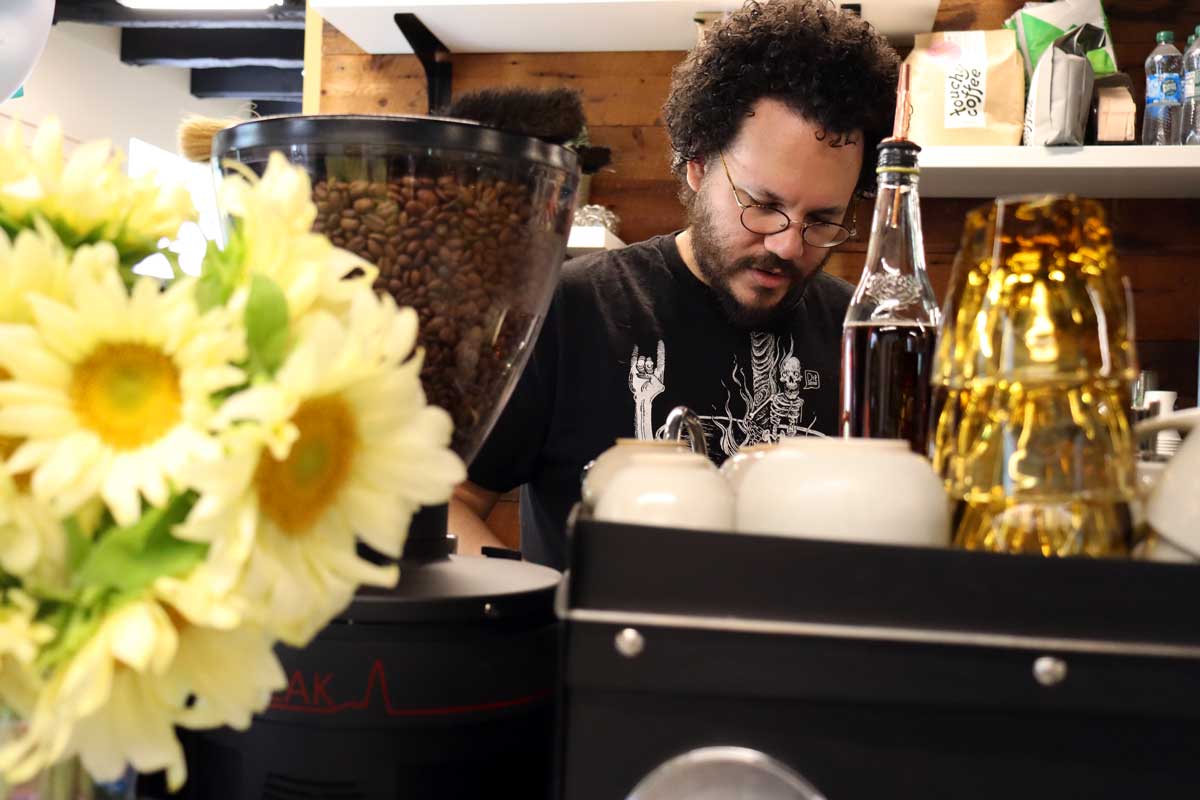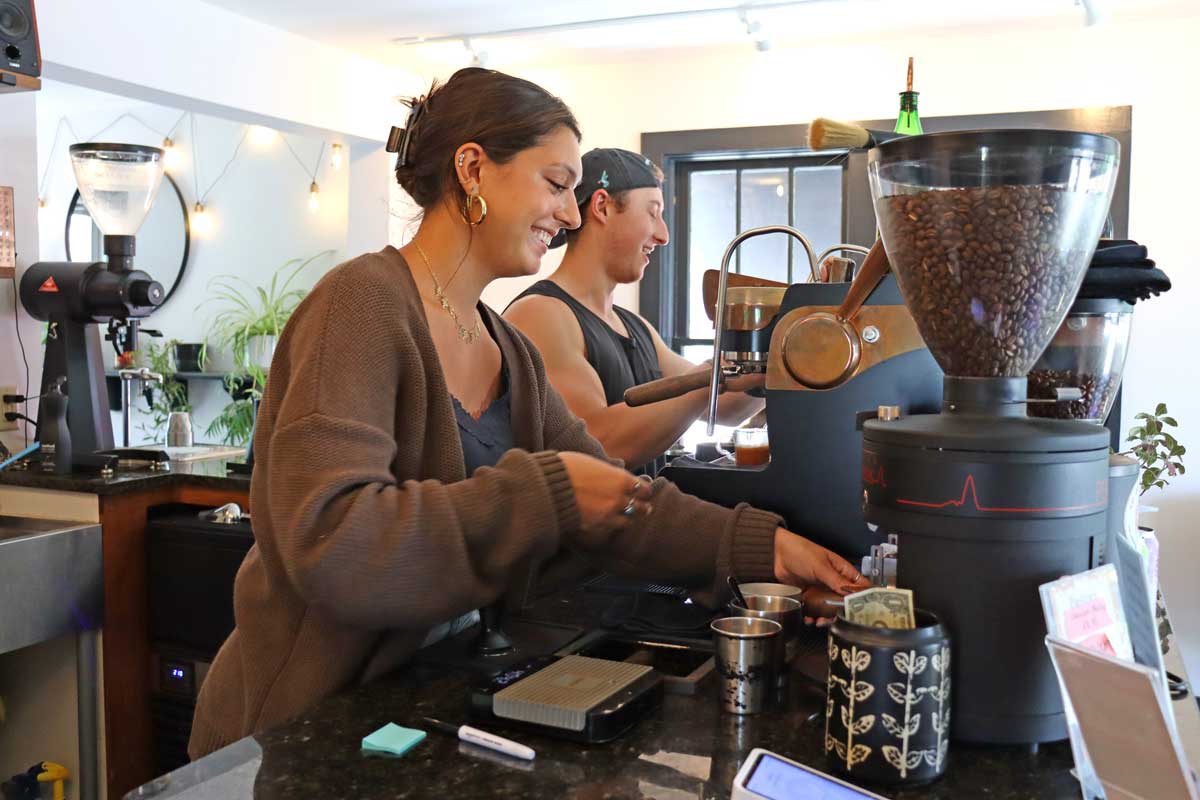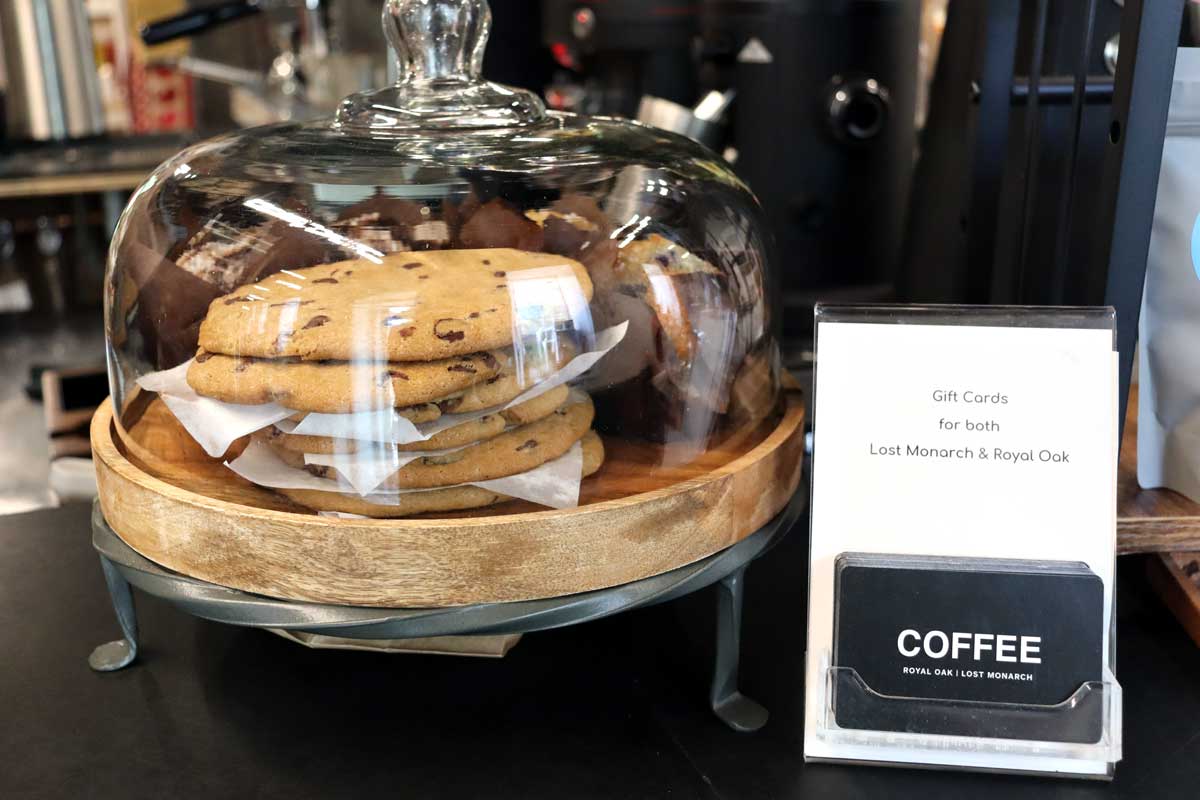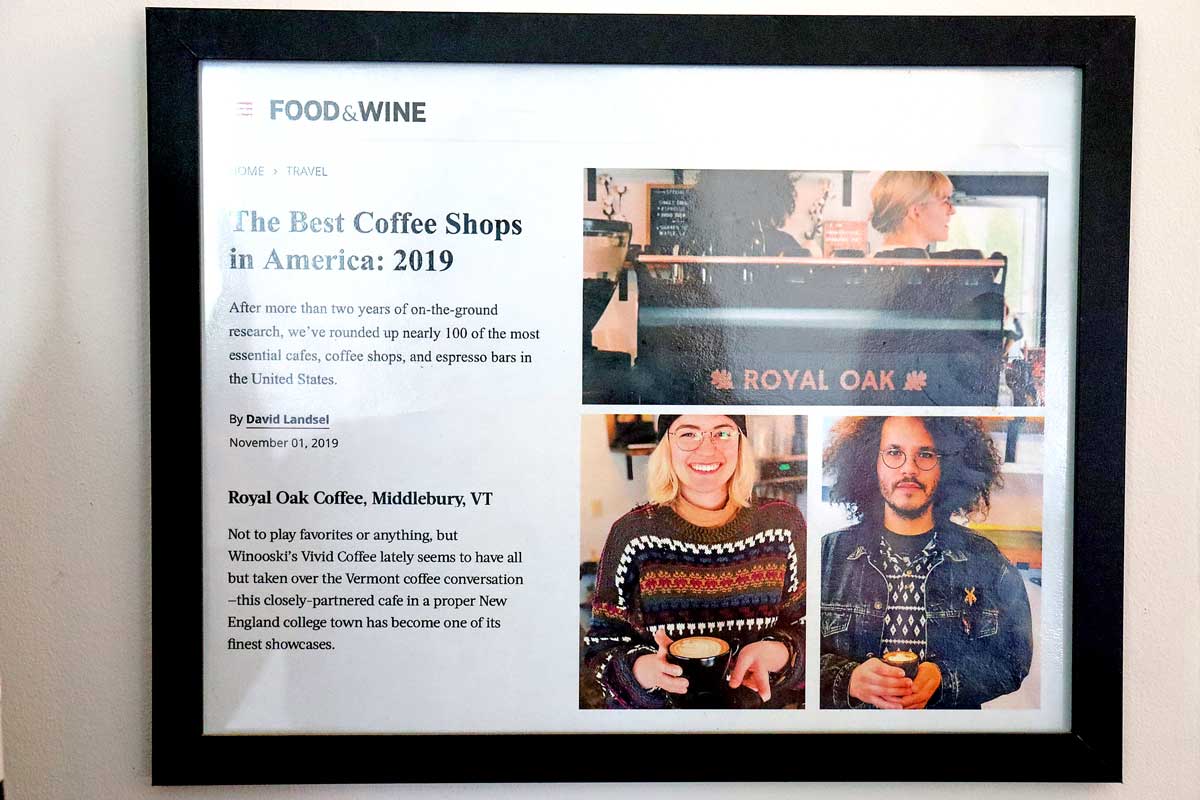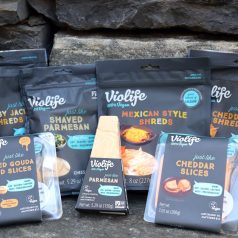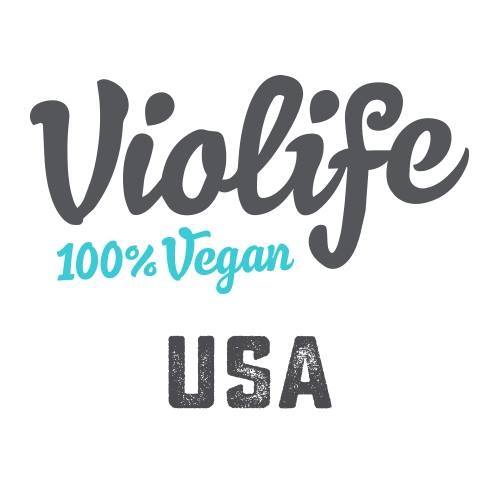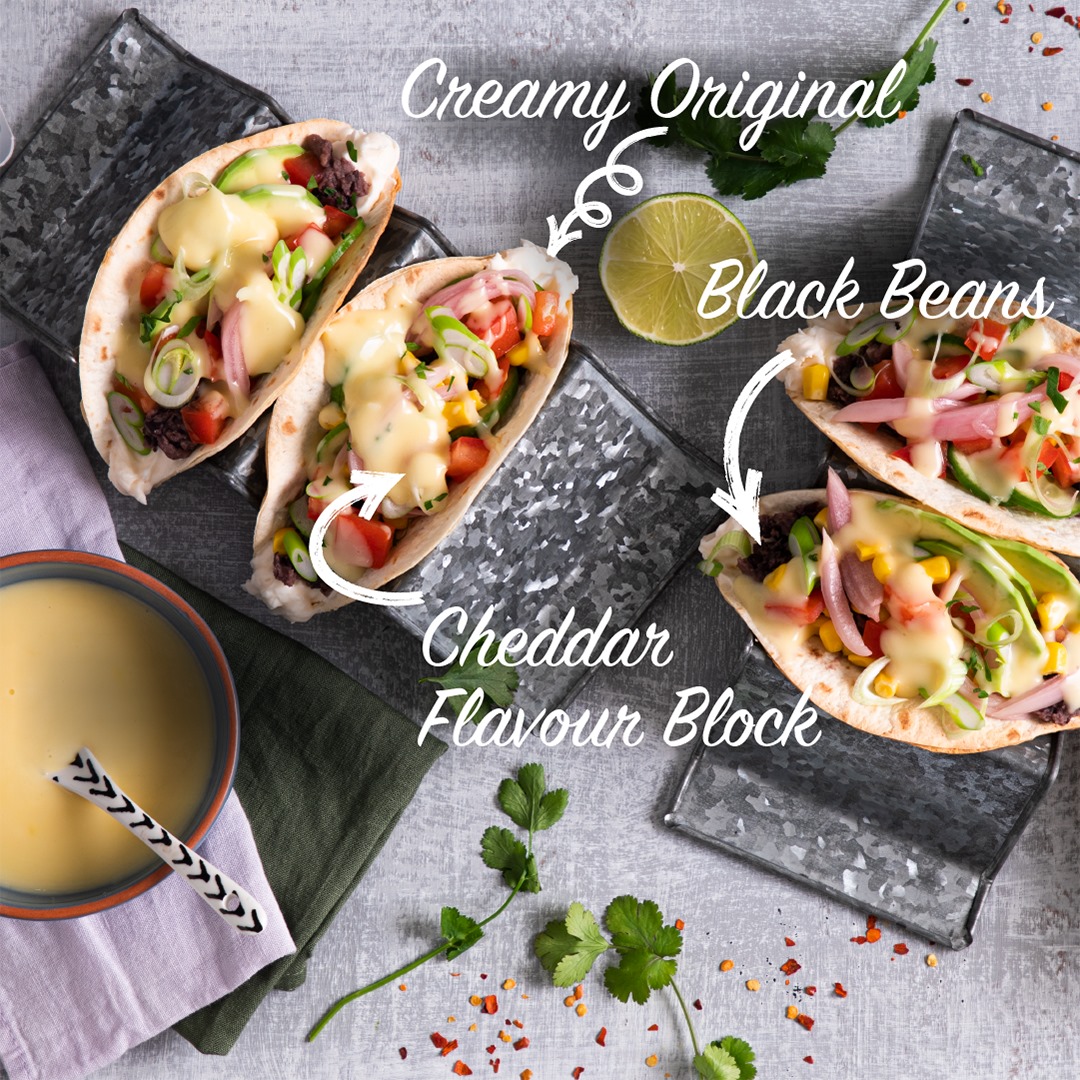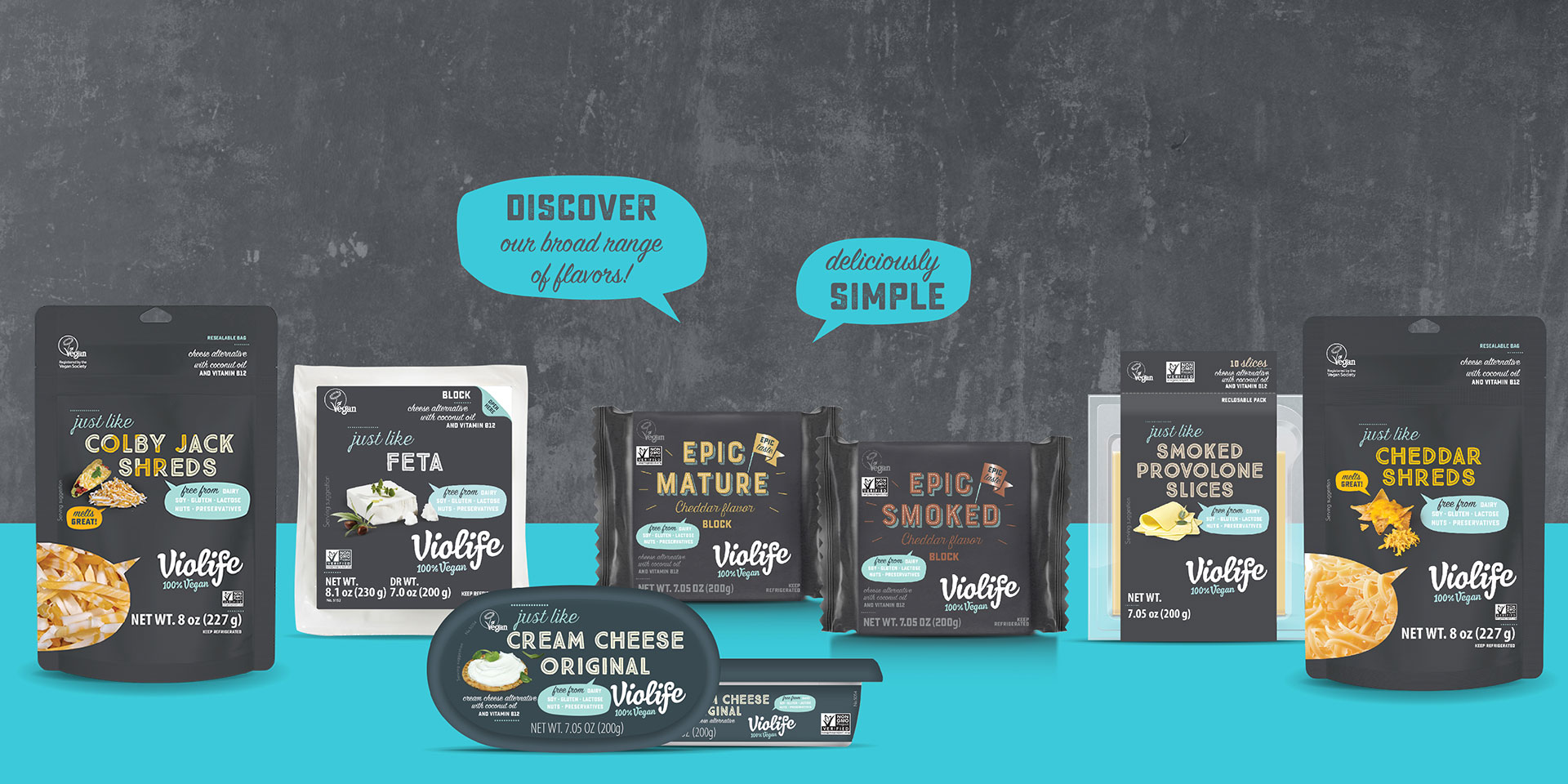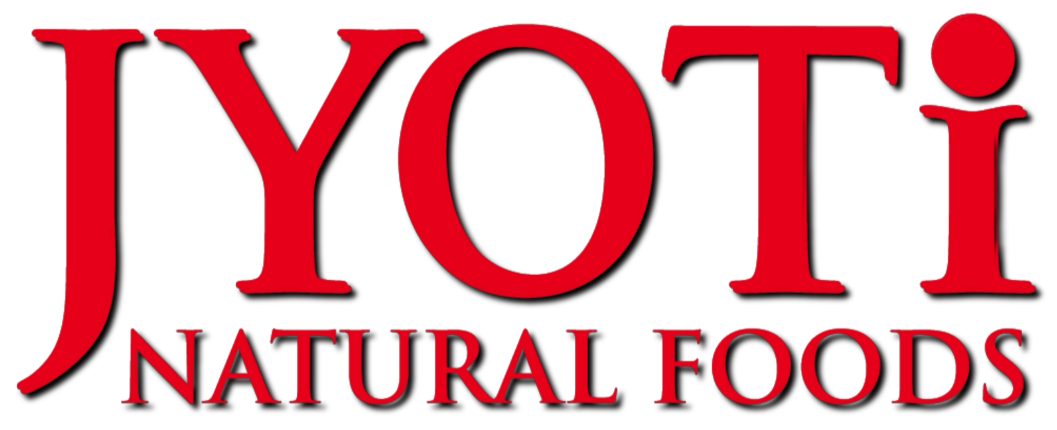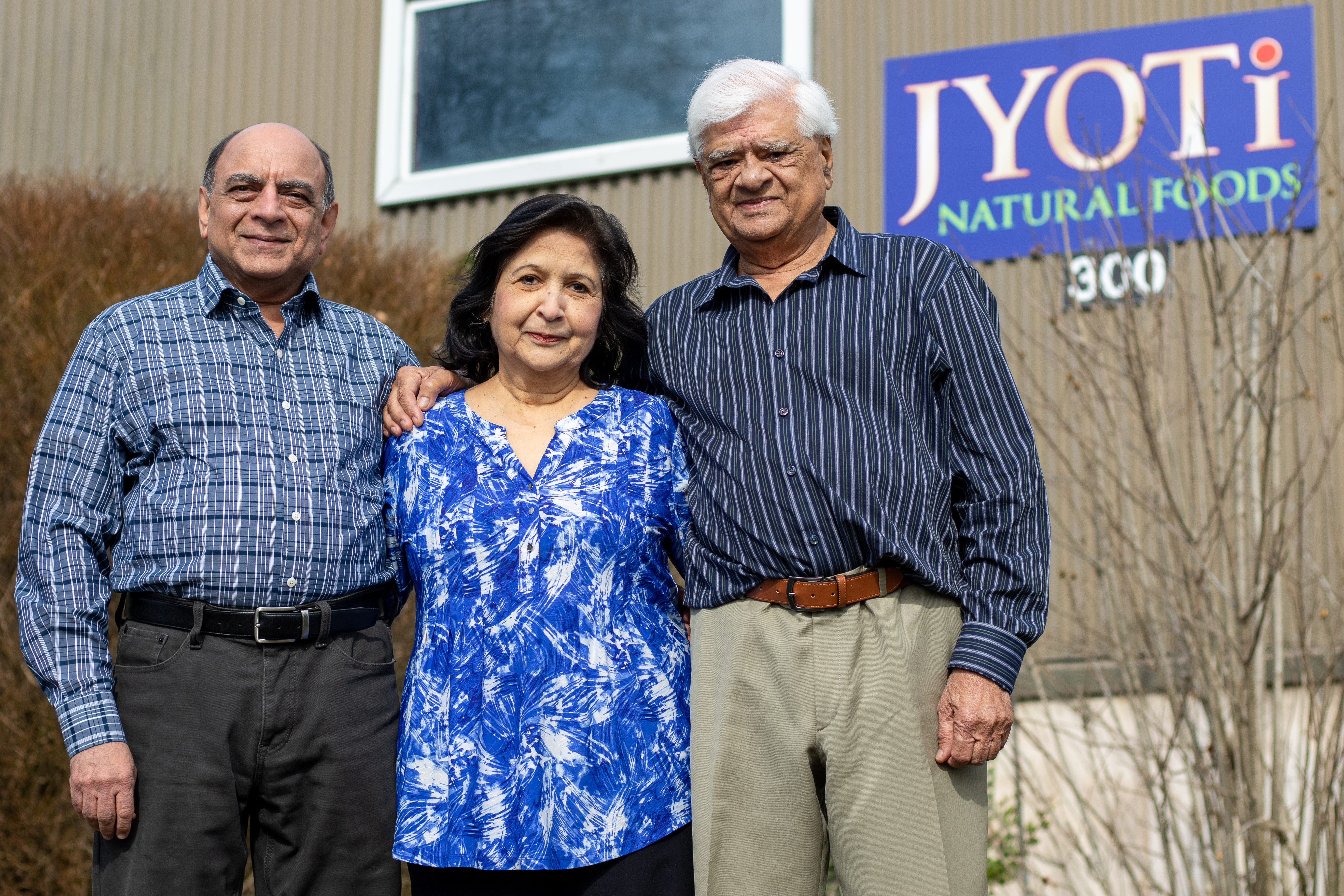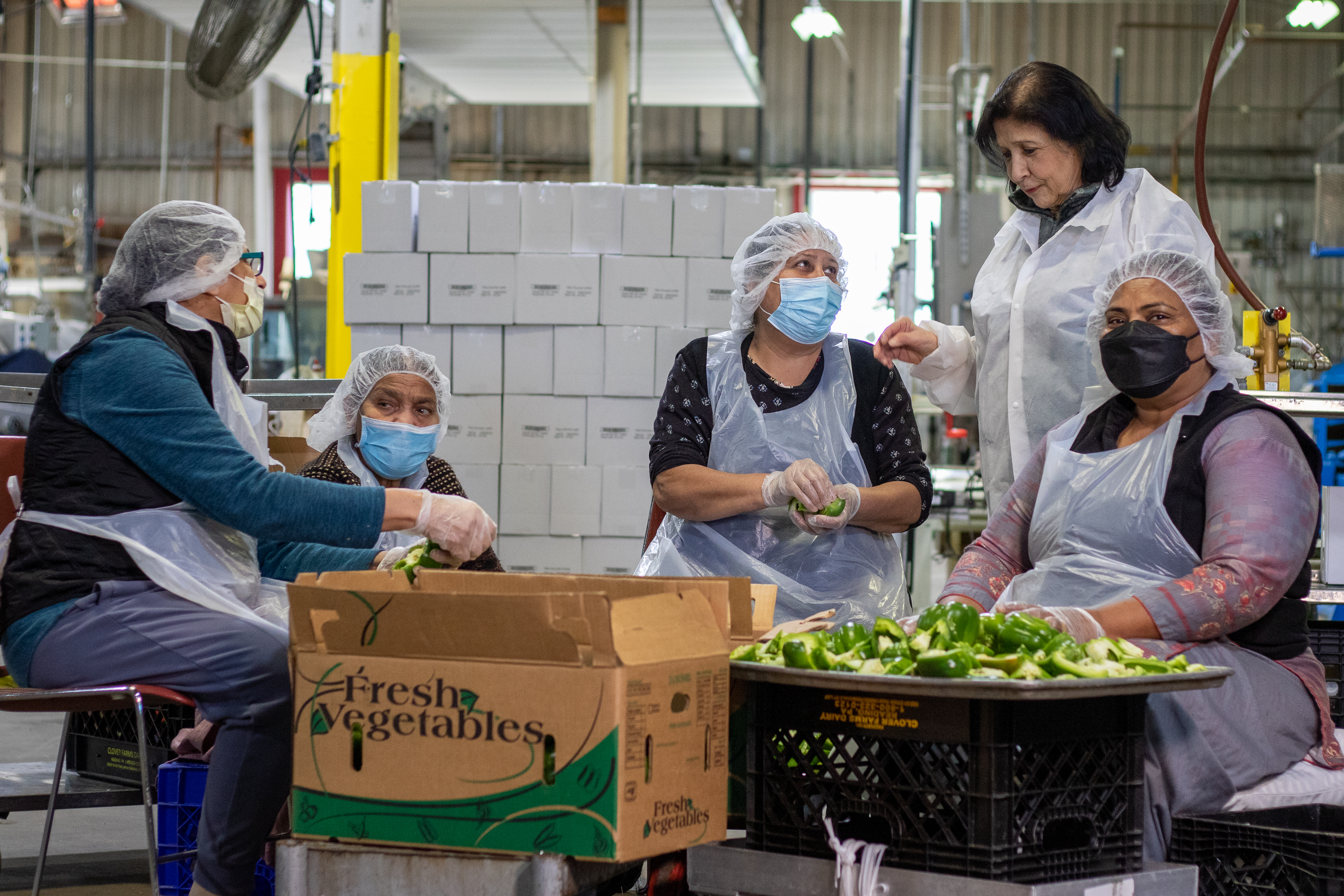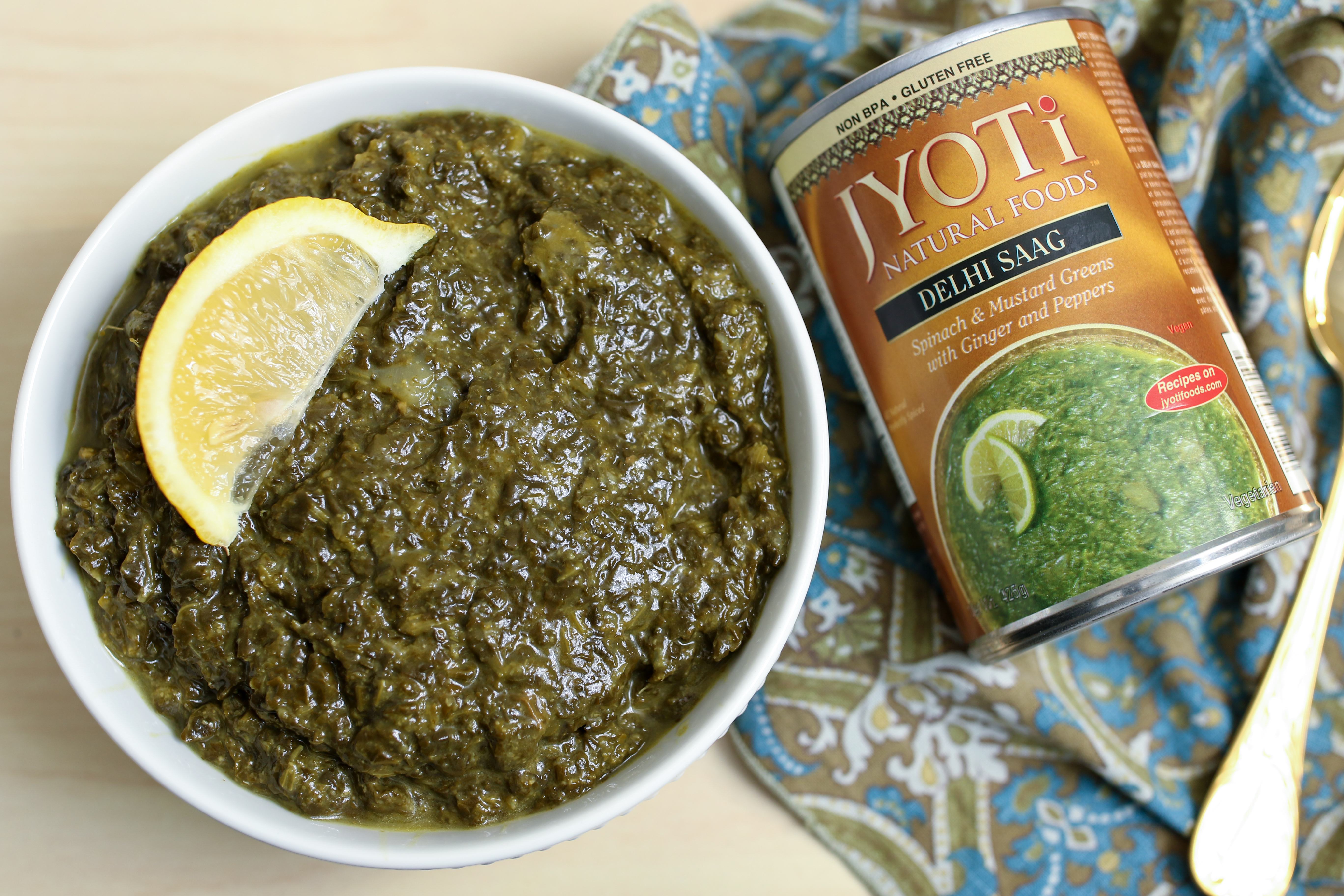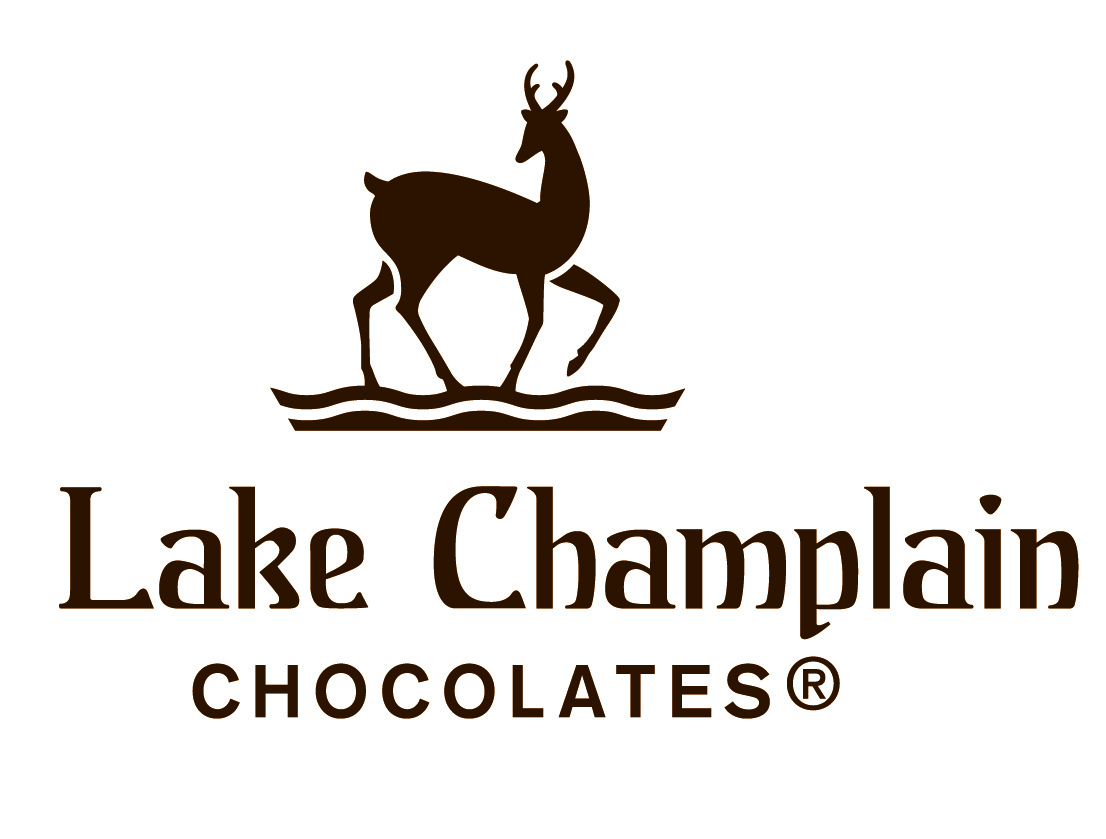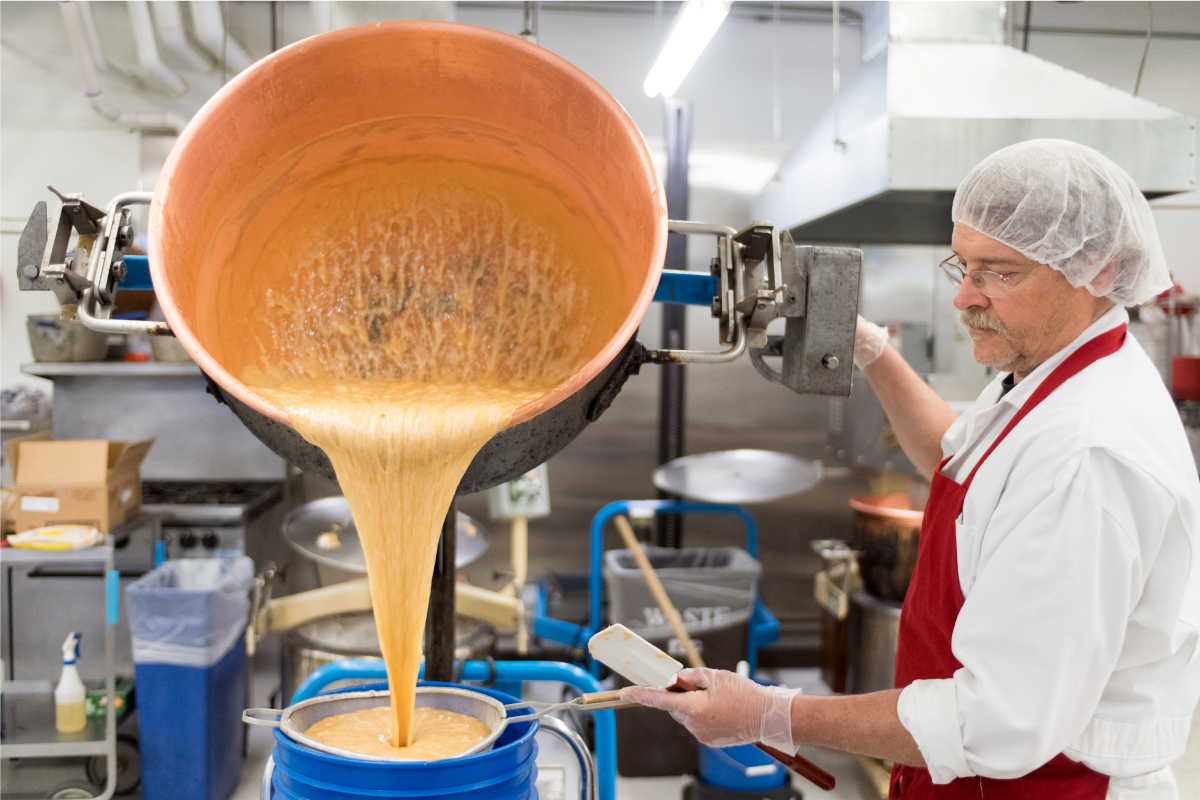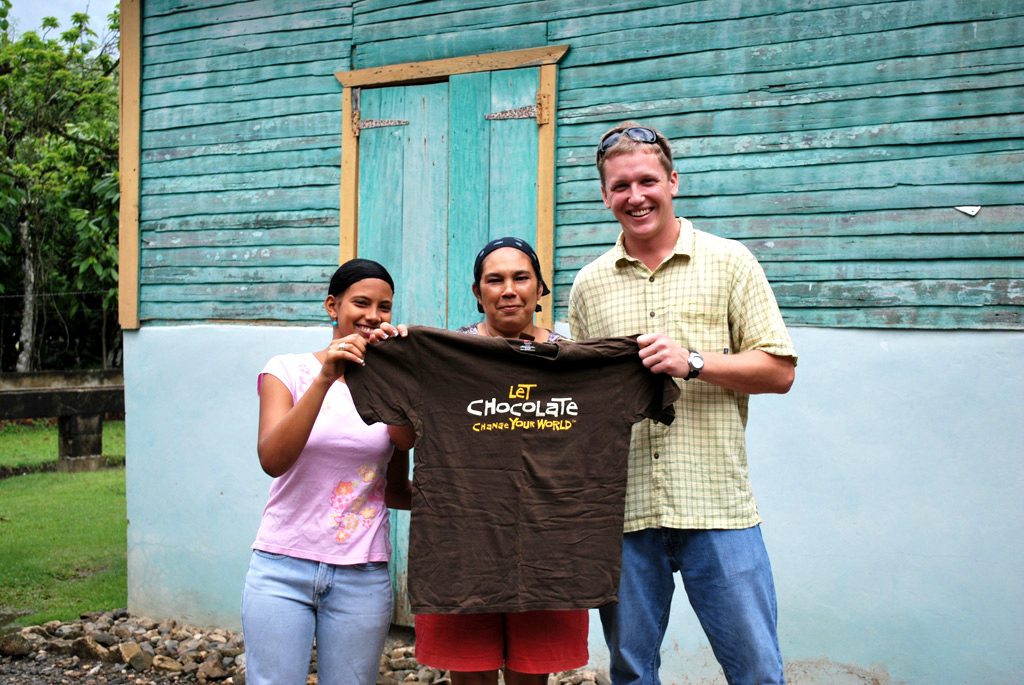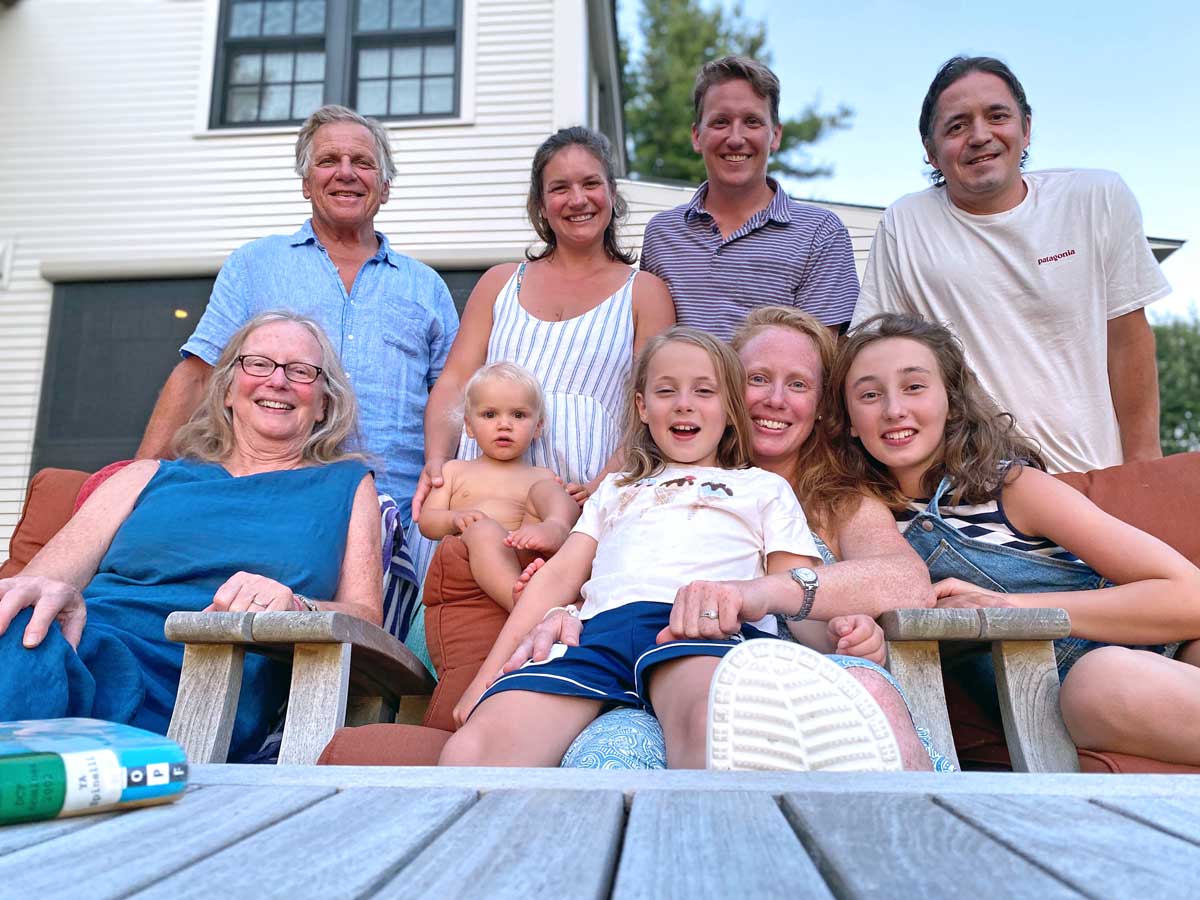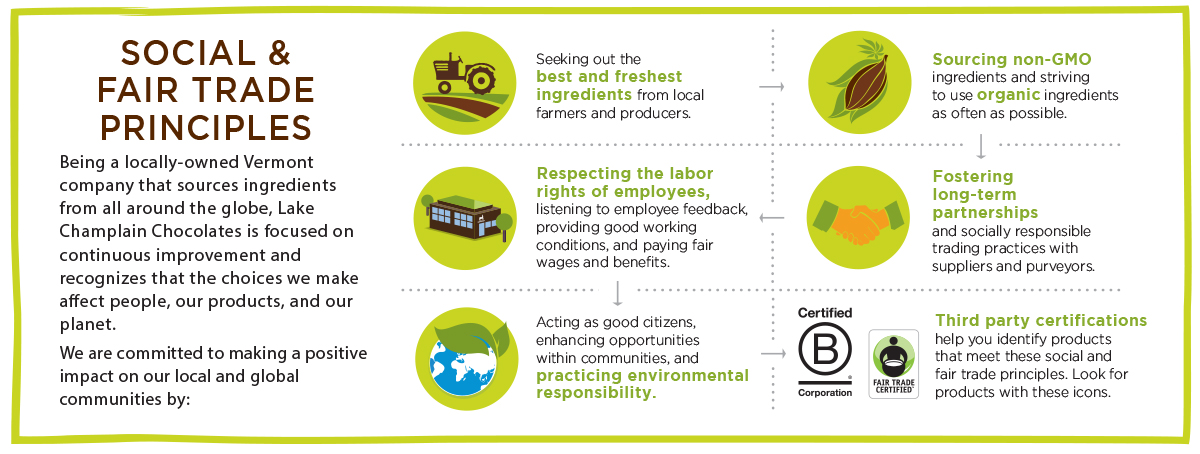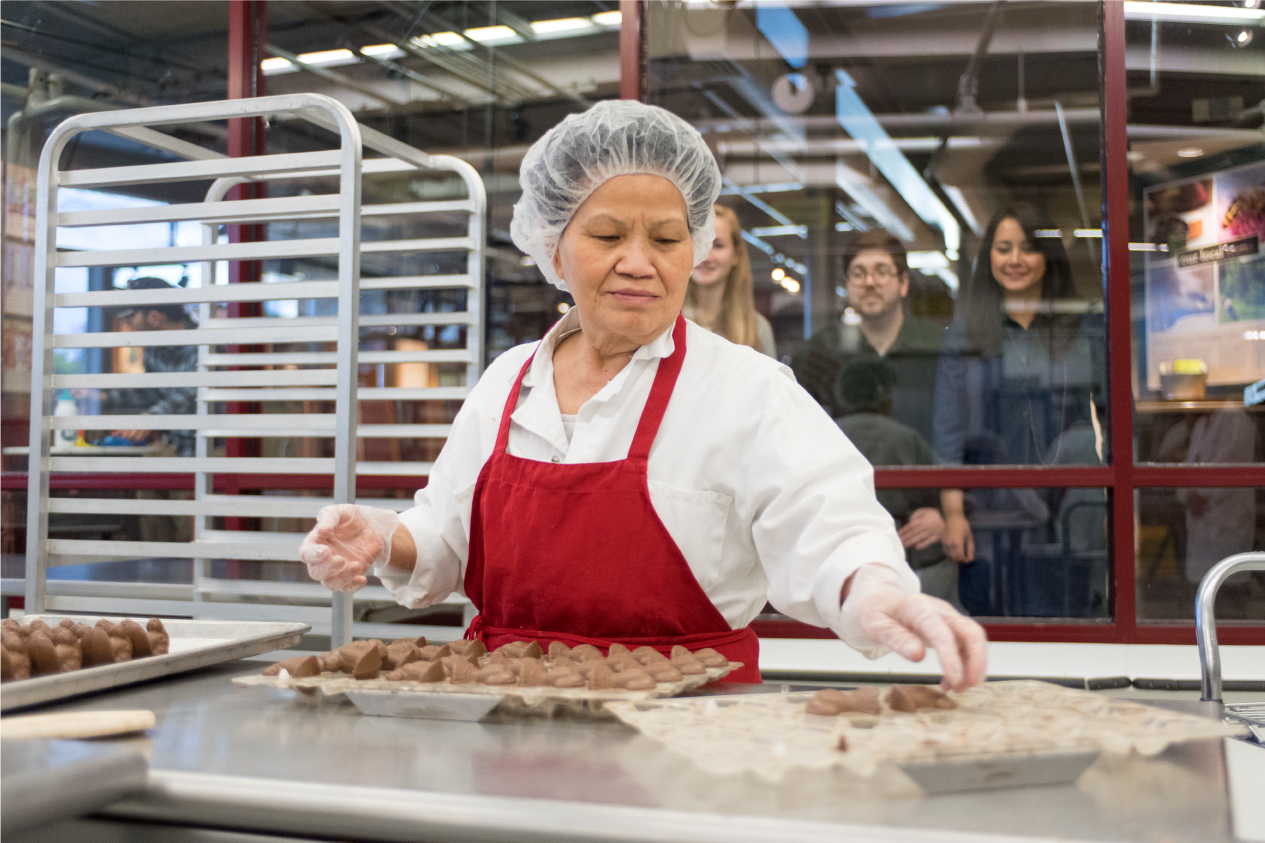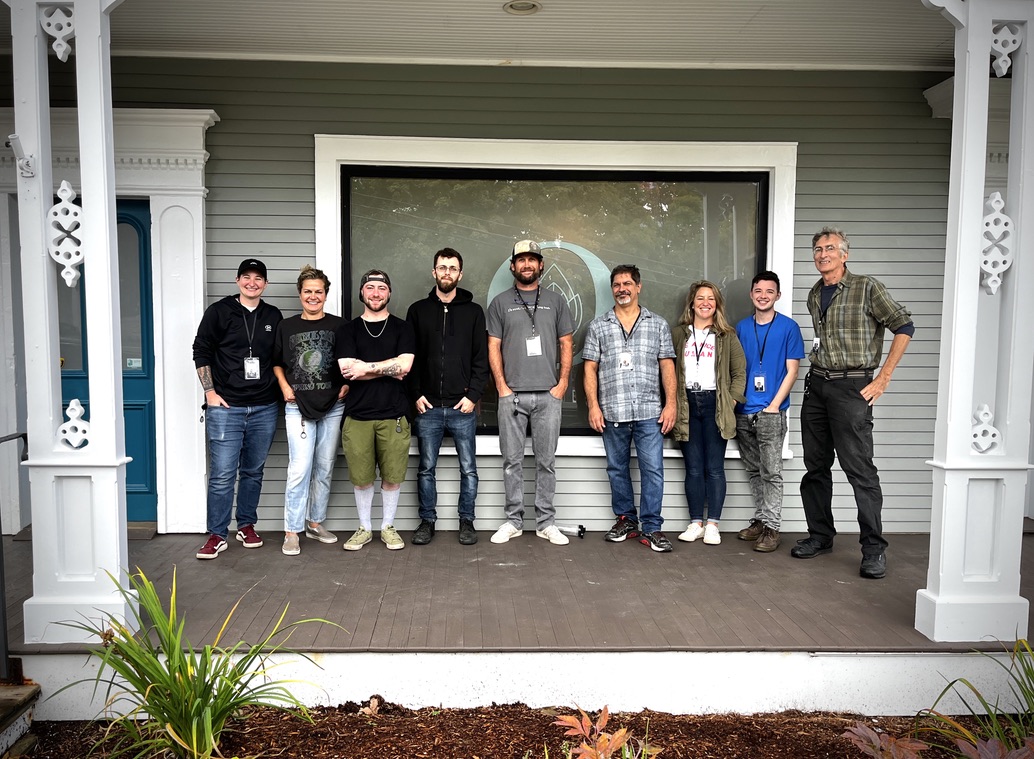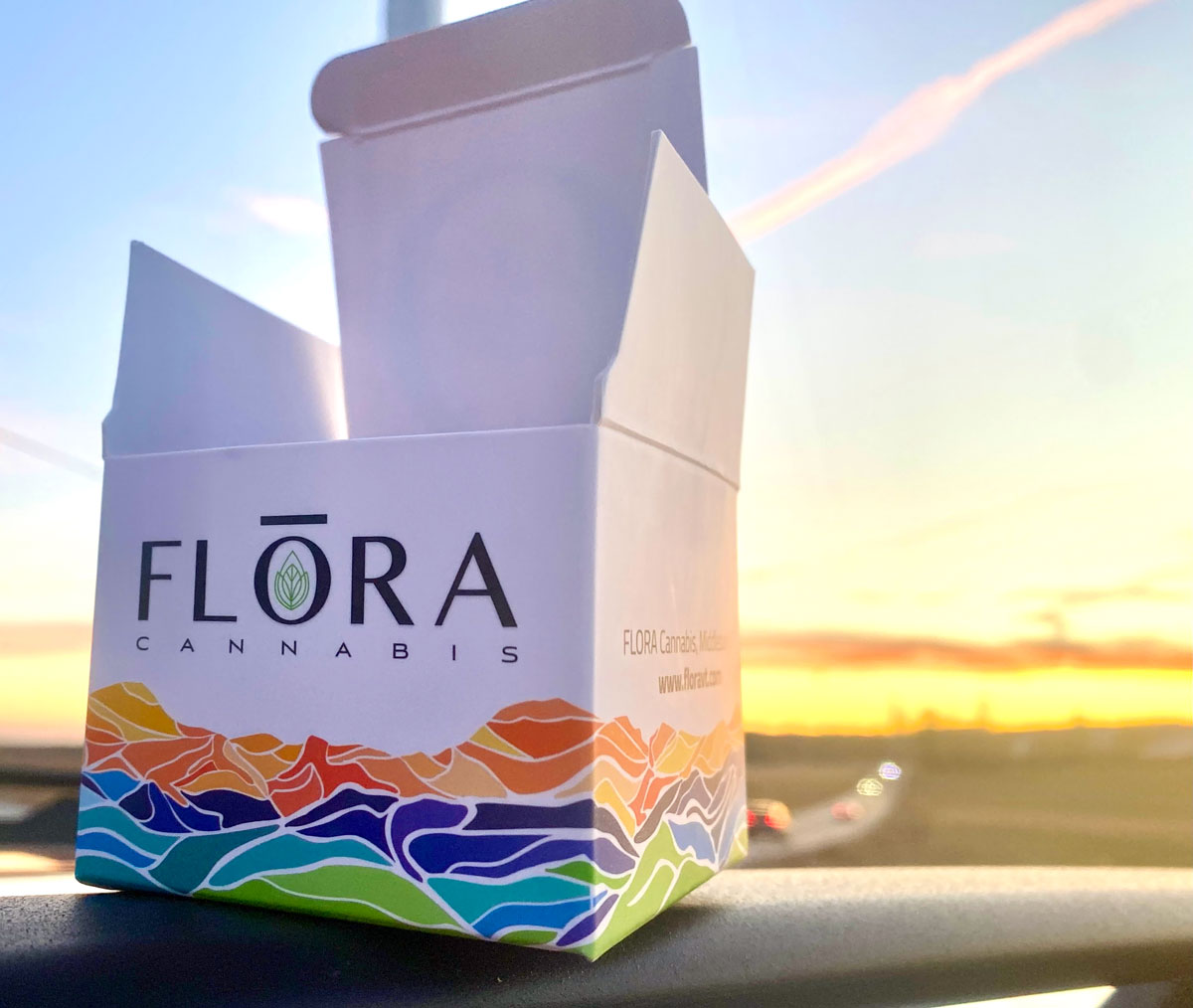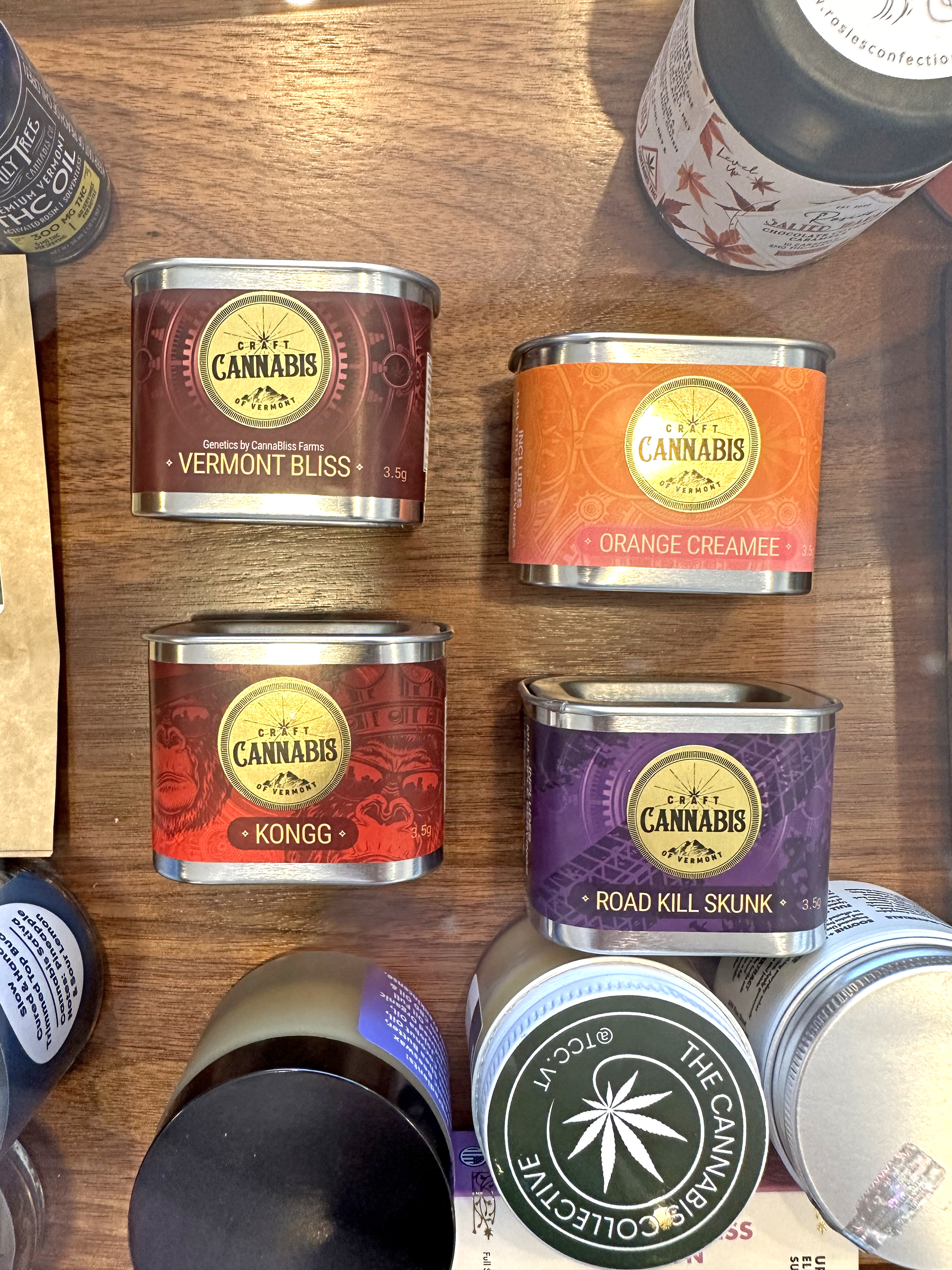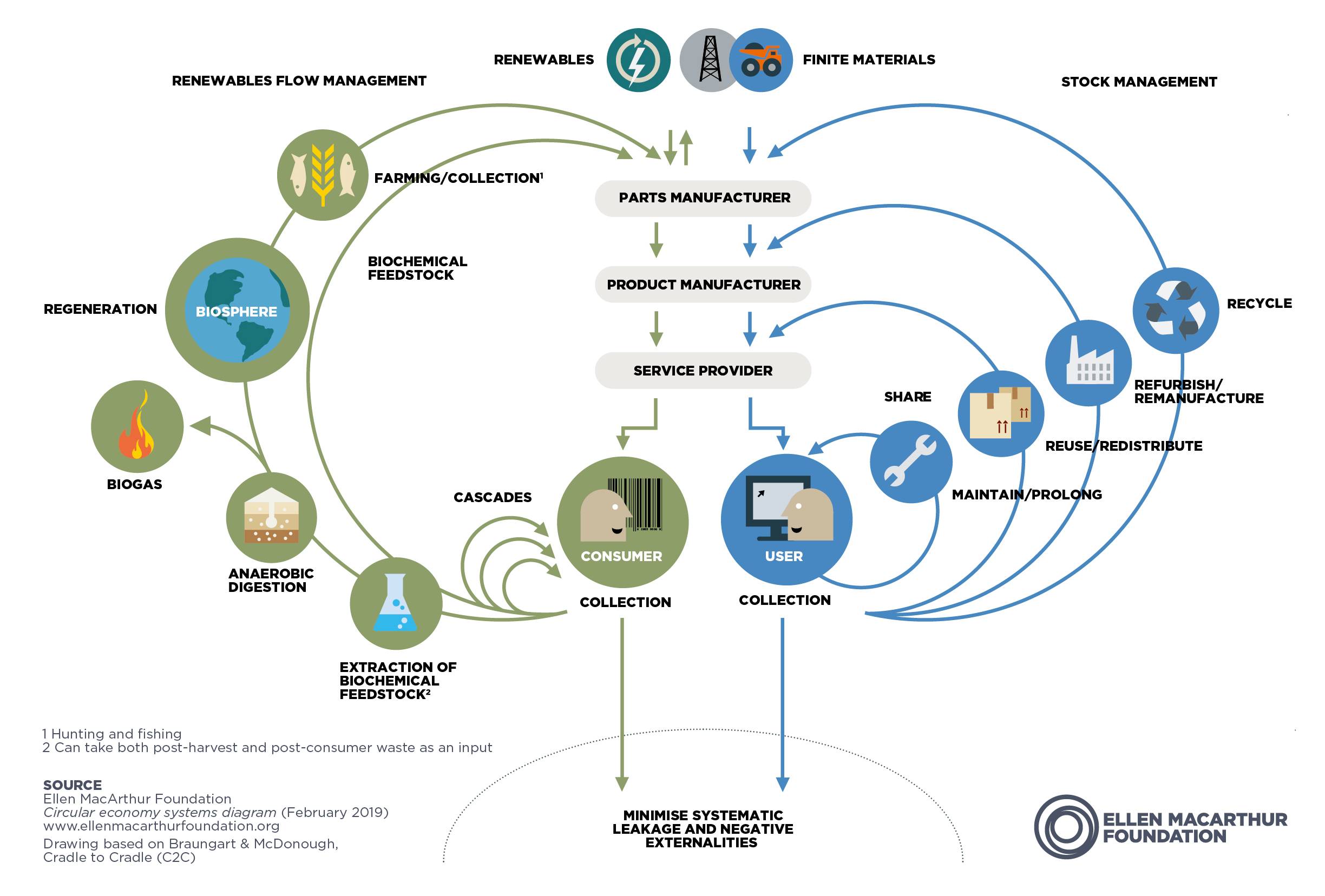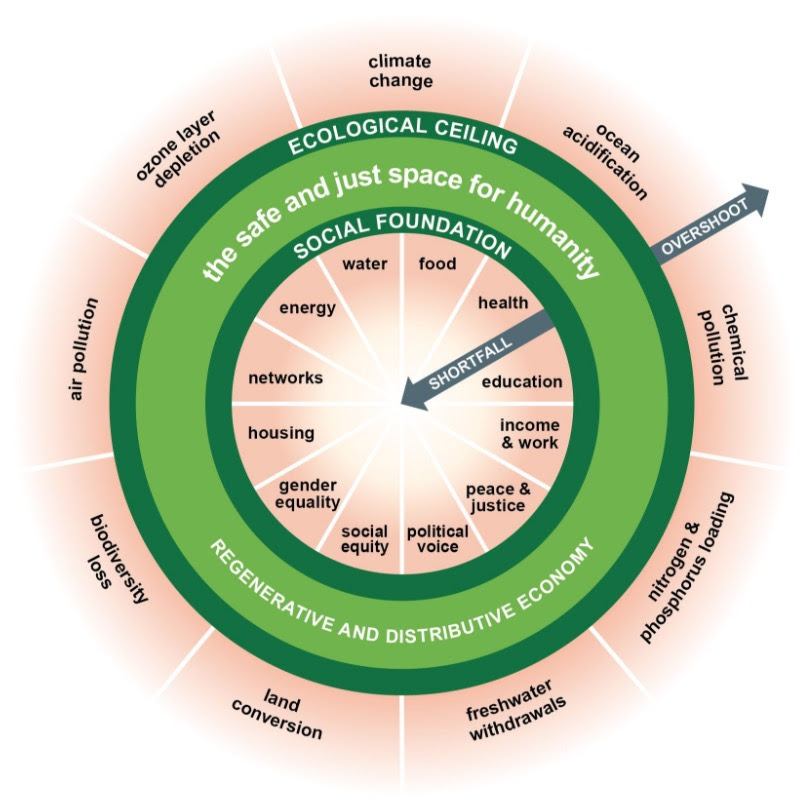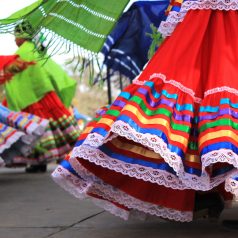
Appreciating the Cultural Significance of Cinco de Mayo
Here at the Co-op, we love to celebrate the food traditions associated with various holidays, affording us the opportunity to get a glimpse into the beauty of a different culture through the preparation and sharing of a delicious meal. We also understand, however, that it’s necessary to recognize and honor the line between appreciation and appropriation. With this in mind, we’d love to take a moment to explore the history of Cinco de Mayo and offer some tips on ways to celebrate the holiday respectfully, honoring the rich heritage of Mexican culture.
What Is Cinco de Mayo?
Cinco de Mayo, which translates to the fifth of May, is a holiday that celebrates the date of the Mexican army’s unlikely victory in 1862 over France at the Battle of Puebla during the Franco-Mexican War. The holiday is also known as Battle of Puebla Day and should not be confused with Mexican Independence day, which occurred nearly 50 years prior to the Battle of Puebla.
The spark for the Battle of Puebla was ignited in 1861 when Benito Juárez, a member of the Indigenous Zapotec. was elected president of Mexico. At the time of his election, the country was in financial ruin resulting from several years of civil war, which forced Juárez to default on debt payments to European governments. In response, France, Britain, and Spain sent naval forces to Veracruz, Mexico, demanding repayment. Mexico was able to negotiate successfully with Britain and Spain, resulting in the withdrawal of their forces. France, however, under the rule of Napoleon III, considered it an opportunity to carve out an empire in Mexican territory and install a French monarch.
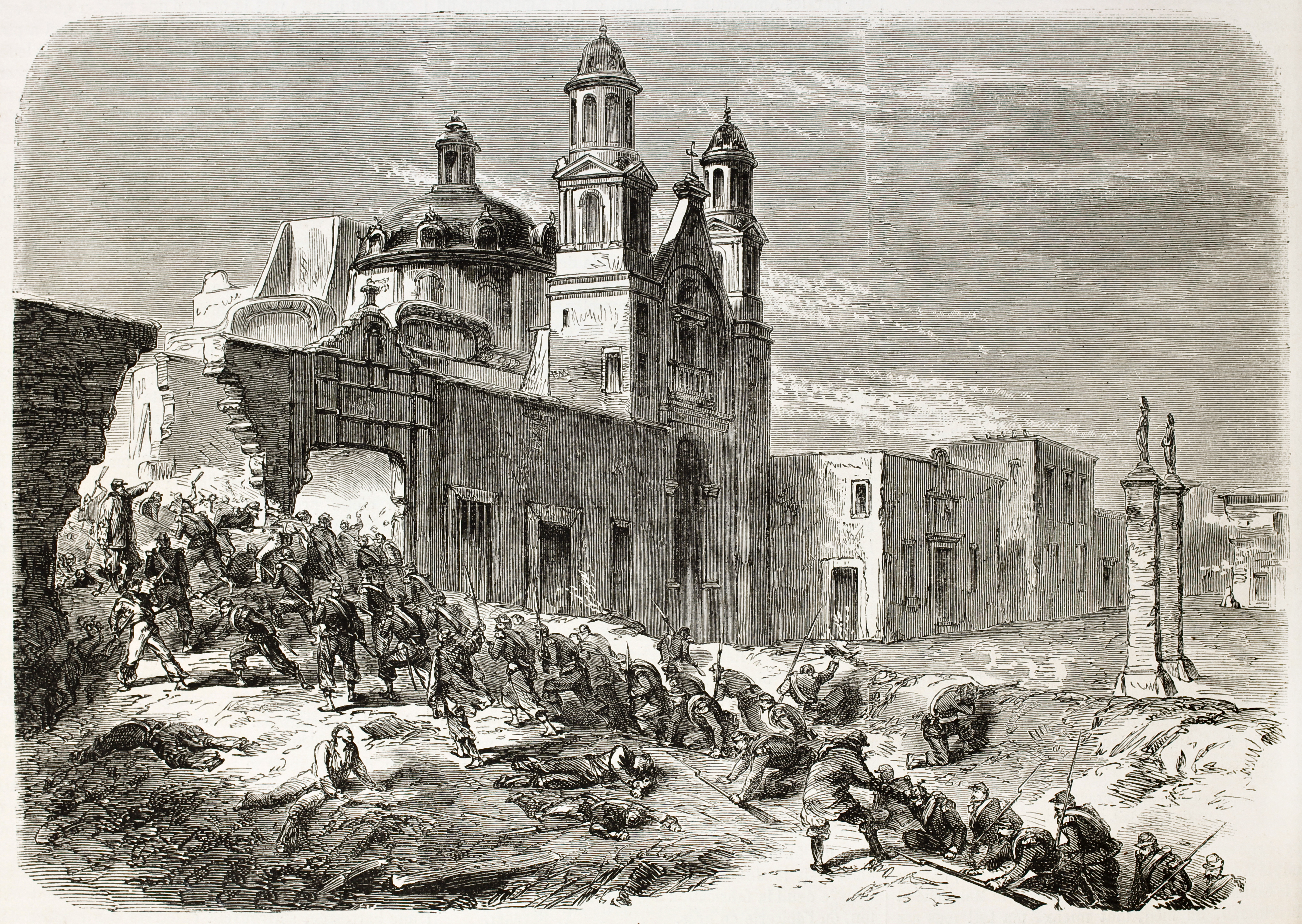
Late in 1861, a well-armed fleet of French soldiers stormed Veracruz, driving President Juárez and his government into retreat. Soon thereafter, 6,000 French troops under General Charles Latrille de Lorencez set out to attack Puebla de Los Angeles, a small town in east-central Mexico. From his new headquarters in the north, Juárez rounded up a ragtag force of 2,000 loyal men and sent them to Puebla.
The Mexican troops, led by Texas-born General Ignacio Zaragoza, fortified the town and prepared for the French assault. On May 5, 1862, Lorencez led his army to the city of Puebla and launched an assault. Despite all odds, the vastly outnumbered and outgunned Mexican soldiers battled bravely from sunup to sundown, ultimately forcing the French troops to retreat. Nearly 500 French soldiers lost their lives in the battle, compared to fewer than 100 of the Mexican forces.
The unprecedented victory solidified the pride and devotion to Mexican heritage among the people, who deemed Cinco de Mayo a holiday. The name later became a battle cry during other battles and is a holiday filled with love and respect for the people who fought so hard to protect Mexico. The immense pride and sense of accomplishment that came from overcoming such a prolific colonizer swept through the country and showed the world that Mexicans are fiercely capable of defending themselves.
Why Do We Celebrate Cinco de Mayo in America?
While Cinco de Mayo is a relatively minor holiday in Mexico, celebrated primarily in the state of Puebla with military parades and battle reenactments, in the United States, Cinco de Mayo has evolved into a commemoration of Mexican culture and heritage, particularly in areas with large Mexican-American populations. This began in the 1960s when Chicano activists in the US raised awareness of the holiday, in part because they identified with the victory of Indigenous Mexicans (such as Juárez) over European invaders during the Battle of Puebla. Today, revelers mark the occasion with parades, parties, mariachi music, Mexican folk dancing, and traditional foods such as tacos and mole poblano.
Can Celebrations of Cinco de Mayo in America Be Problematic?
Some of the ways in which Americans have chosen to celebrate Cinco de Mayo have been fraught with controversy, and rightly so. The reinforcement of harmful stereotypes caused by celebrations that involve dressing up as Mexicans, using fake accents, and poking fun at the heritage while using it as a theme for parties and heavy drinking is deeply problematic. The team of diversity, equity, and inclusion consultants at TMI Consulting Group reminds us that “Cinco de Mayo is the story of the underdog. It is one of strength and resilience. In today’s world, the reminder that Mexican people are just as capable and deserving of equality is necessary. And being an ally to Mexican people is about so much more than throwing a party.”
How Can Americans Celebrate Cinco de Mayo Respectfully?
It’s important to show respect and camaraderie when celebrating, which means celebrating for the right reasons. A great first step is to take the time to understand the history and context for why you are celebrating, so thanks for taking the time to read this blog post! On Cinco de Mayo, consider honoring the foodways and history of flavors often present in Mexican cuisine by finding an authentic recipe to prepare at home. Try to source the products in the recipe from Mexican-owned farmers and food producers if possible (you’ll find Sonia’s Salsa in our weekly sale from April 29th – May 5th, and be sure to visit our Cheese Department display to find several varieties of authentic Mexican queso). If you don’t feel like cooking at home, consider patronizing a Mexican-owned restaurant.
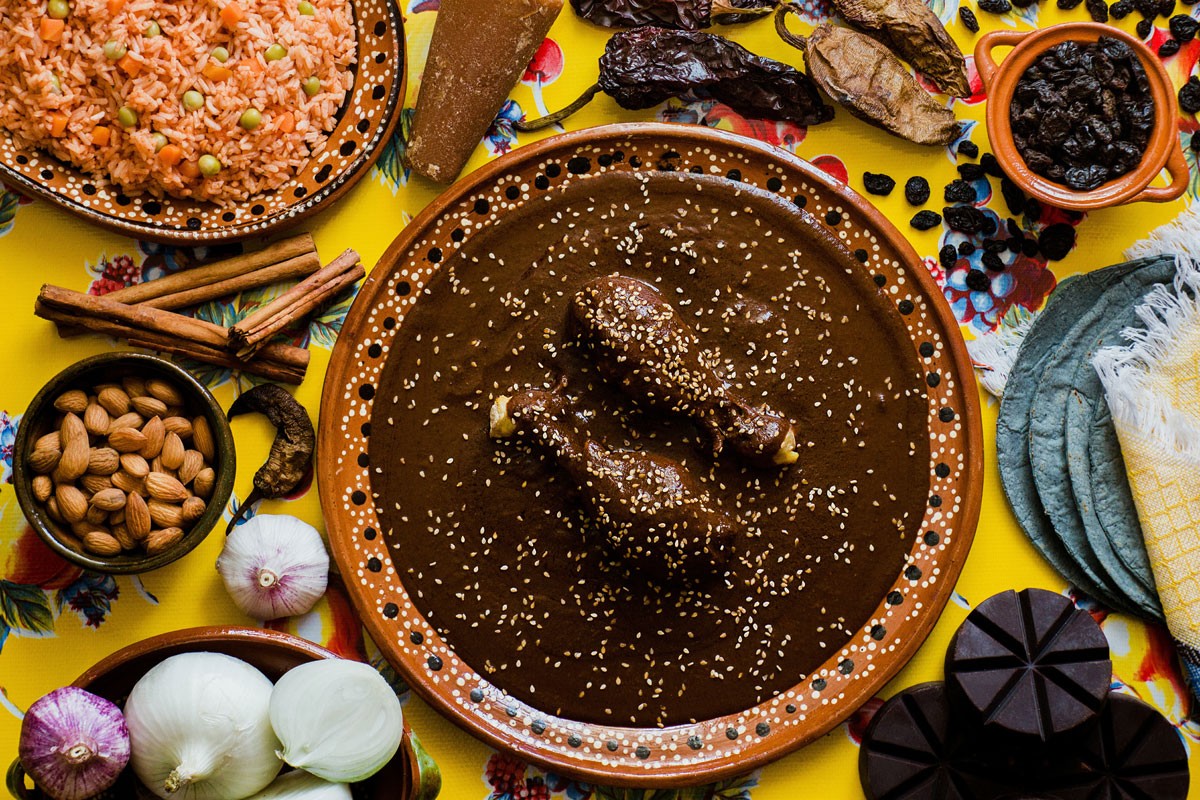
Avoid fake accents and silly props and costumes such as sombreros, stick-on mustaches, maracas, and piñatas, which serve to reduce an entire people down to a few clichéd signifiers. It’s also wise to avoid decorations and regalia that are reserved for Día de los Muertos/Day of the Dead (sugar skulls, flower crowns, etc.), “which is a Mexican holiday in which individuals honor their dead loved ones by visiting their graves or having celebrations in their honor,” writes Ellie Guzman on Medium. “For many, it is deeply religious and is a source of comfort that those that have passed on are still loved and are with us spiritually.” This holiday is celebrated on November 1st each year and has absolutely nothing to do with Cinco de Mayo.
TMI Consulting group reminds us that “while there is nothing wrong with participating in Mexican culture and festivities in order to celebrate Cinco de Mayo, make sure you are supporting the community year-round, and not just for one day a year. This day honors the fight for independence and a win over European colonizers. As you celebrate, keep that in mind.” If you want to honor the Mexican culture and communities around you, take the initiative to learn how you can support them. A few options are to buy from Mexican-owned businesses and support organizations that work for equal rights for the Latinx community. Migrant Justice Vermont and Addison Allies are two great places to start.

